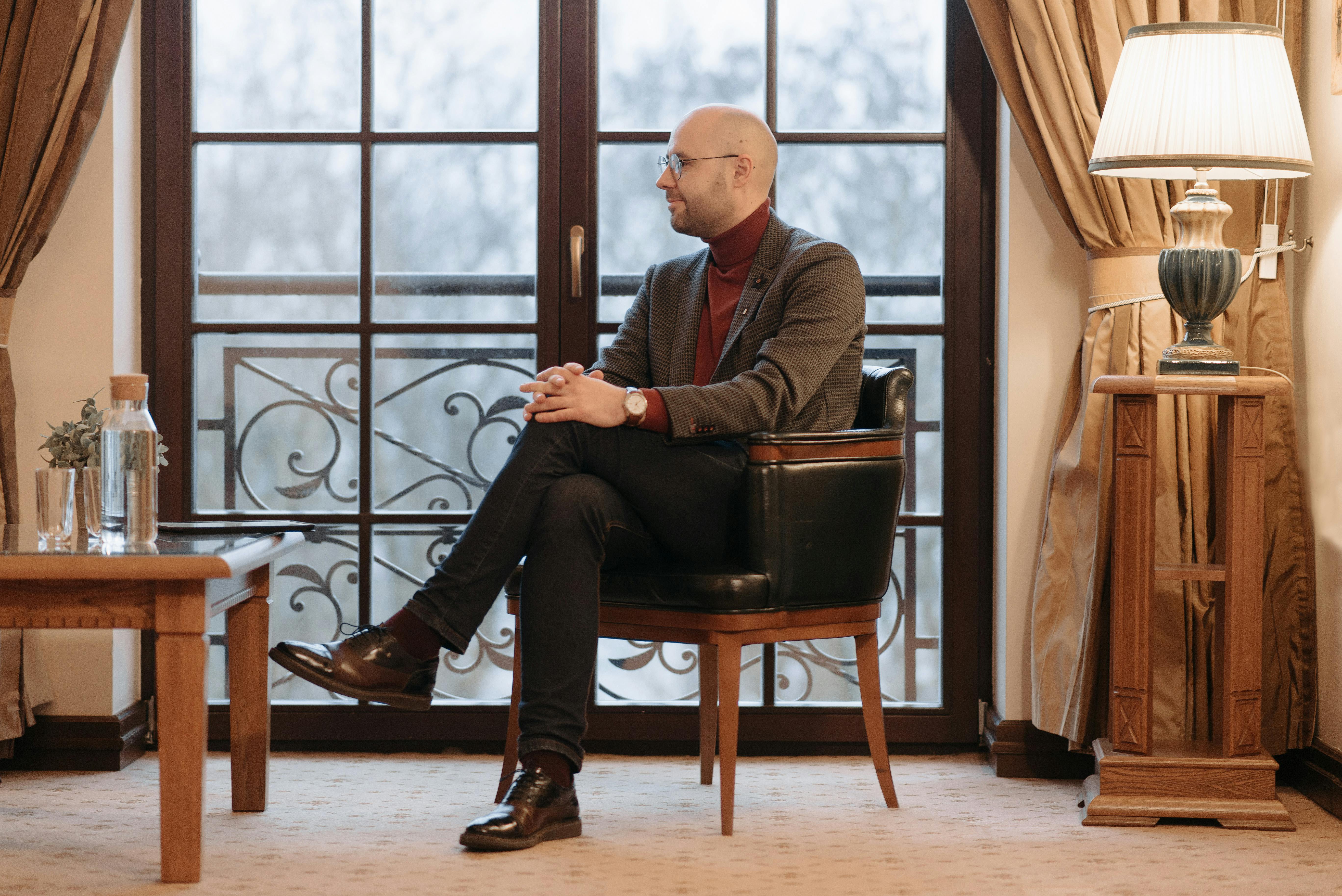Parents of autistic children may find that the search for appropriate treatment options can become a never-ending struggle. In fact, the hardest part can often be figuring out which new treatments are the most effective and which are merely speculative. Regarding music and autism, there is wide agreement that music is a great tool for treating autistic children and can also help in the diagnostic phase.
As has been widely documented, children with autism struggle with their ability to communicate, learn successfully, interact in a social setting, and develop new skill sets. But music has been shown to help all of these problems, mainly due to the way it’s structured.
Basically, it is the repetition and the different anticipated progressions that make music so effective in reaching autistic children. Children learn patience and tolerance from music and can apply these lessons in social situations.
In addition to being a great tool to help teach and treat autistic children, music can also aid in the diagnosis of autism. For example, exposing a child to music can help determine the level and severity of the specific case. And, the child’s specific strengths and weaknesses can also be identified through music.
As a bonus, some studies have shown that autistic children are much more eager to listen to music than other children in the same age group. So while music can be a very valuable tool in teaching autistic children, it can also be a rewarding experience for the child, giving it a dual purpose.
One possible reason for this is that studies have shown that autistic children have a more refined ability to differentiate between pitches, thus creating a more enjoyable and interactive experience for them when listening to music.
There are many ways to incorporate music and autism. One popular method is to tell stories while incorporating musical elements, which increases an autistic child’s interest and ability to learn. Often times, these stores are designed specifically for autistic children and come as part of a set or series. These can even be purchased based on age or learning ability.
Basically, the ultimate goal of these music-themed lessons is to increase patience, improve learning ability, improve social interaction, and boost memory. And while the benefits of using music therapy in the treatment of autism are numerous and effective, perhaps the most important benefit is the enjoyment an autistic child can derive from listening to music.
Essentially, music and autism are linked and have been proven repeatedly. Whether this is due to autistic children’s increased ability to discern pitch or an interest in the complex but repetitive structure of music, the increased response to music is an extremely important learning tool and one that parents and teachers should use it properly. Ultimately, this will be to the benefit of both the parent and the child.



